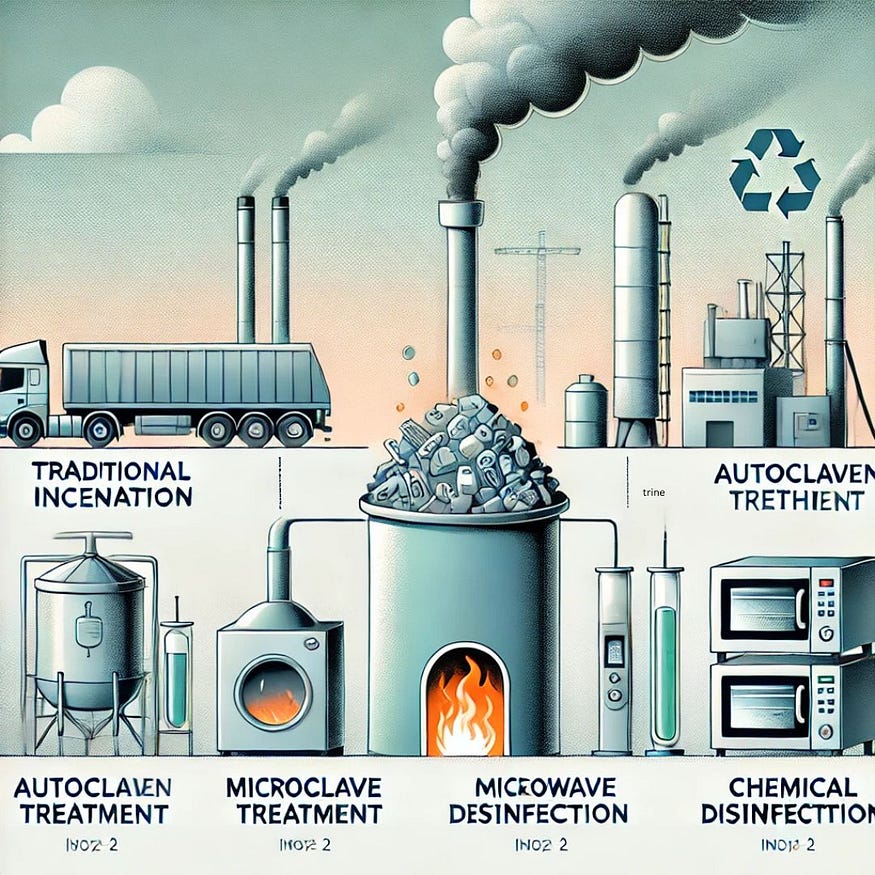Not All Biogas is Created Equal: Understanding Biogas in Kerala

Biogas is rapidly gaining popularity as a sustainable energy source, especially in eco-conscious regions like Kerala. However, not all biogas is created equal. The quality, efficiency, and environmental impact of biogas depend on several factors, including feedstock, production technology, and purification processes. Understanding these differences is crucial for maximizing the benefits of biogas in Kerala.
The Growing Demand for Biogas in Kerala
Kerala, known for its lush greenery and environmental initiatives, has embraced biogas as a solution for waste management and renewable energy. Many households, businesses, and industries are investing in biogas plants to reduce dependency on conventional fuels. However, the effectiveness of these systems varies widely based on how the biogas is produced and utilized.
Factors Affecting Biogas Quality
- Type of Feedstock
The organic materials used in biogas production significantly impact the gas composition. Common feedstocks in Kerala include:
- Kitchen waste
- Agricultural residues
- Animal manure
- Food processing waste While all these sources generate biogas, their methane content varies. For example, food waste generally produces higher methane concentrations compared to cow dung.
- Digestion Process
The efficiency of anaerobic digestion influences the amount and quality of biogas. Temperature, pH levels, and retention time must be carefully managed to optimize methane production. Advanced digesters provide better yields compared to traditional ones. - Purification and Upgradation
Raw biogas contains impurities like carbon dioxide (CO2), hydrogen sulfide (H2S), and moisture, which can affect its efficiency. Proper purification through scrubbing and filtering enhances the calorific value of biogas, making it more suitable for energy applications. - Storage and Utilization
Poor storage systems can lead to methane leakage, reducing the overall effectiveness of the biogas plant. Additionally, biogas utilization methods — whether for cooking, electricity generation, or vehicular fuel — affect its sustainability impact.
The Future of High-Quality Biogas in Kerala
To ensure high-quality biogas production in Kerala, stakeholders must adopt modern technology, invest in efficient purification methods, and educate users on best practices. Government incentives and policies supporting biogas adoption further enhance its potential as a clean energy solution.

Comments
Post a Comment